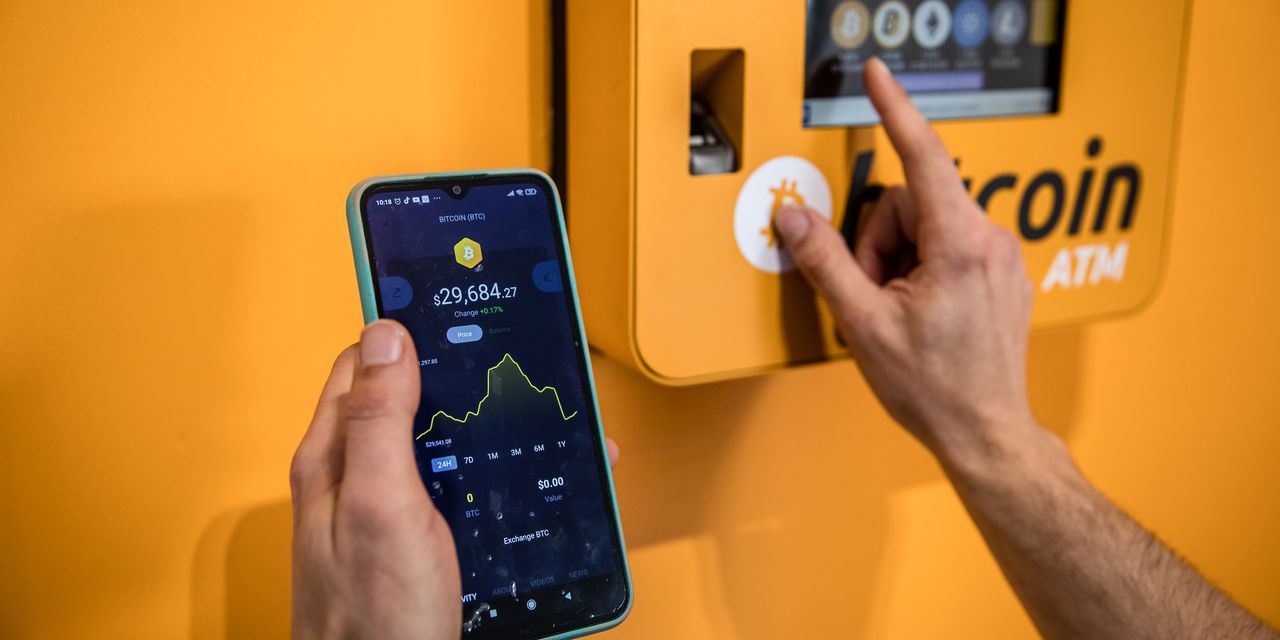
Is Bitcoin an Inflation Hedge? Here Are the Arguments on Both Sides
Bitcoin, the world’s most popular cryptocurrency, has been hailed by some as a hedge against inflation. But is it really?
The debate over whether Bitcoin can act as an effective inflation hedge has been gaining momentum, with experts offering different perspectives on the matter. Let’s take a closer look at the arguments presented on both sides.
Those who believe that Bitcoin is an inflation hedge argue that its decentralized nature and limited supply make it an attractive alternative to traditional assets like cash and gold. Unlike fiat currencies that can be endlessly printed by central banks, Bitcoin has a maximum supply of 21 million coins, which creates a scarcity value. This scarcity, according to proponents, can protect Bitcoin holders from the erosion of purchasing power caused by inflation.
Supporters also point to historical data and correlations between Bitcoin and inflationary periods. They argue that during times of economic uncertainty and inflation, investors tend to flock to non-traditional assets like Bitcoin, driving up its price. This is evident in the recent surge of interest in Bitcoin amid the COVID-19 pandemic and unprecedented government stimulus measures.
In addition, Bitcoin’s decentralization and resistance to censorship make it attractive to individuals and businesses in countries with unstable economies and oppressive regimes. In such environments, where traditional currencies are subject to devaluation and capital controls, Bitcoin can serve as a store of value and a means of preserving wealth.
On the other hand, skeptics believe that Bitcoin’s volatility and lack of intrinsic value disqualify it as a reliable inflation hedge. They argue that Bitcoin’s price movements are driven more by speculation and market sentiment rather than fundamental factors such as inflation.
Critics also question whether the limited supply of Bitcoin is truly sufficient to protect against inflation. While it is true that Bitcoin’s supply is capped, its price is still influenced by market forces and investor sentiment. Therefore, fluctuations in demand and speculative trading can lead to significant price volatility, making it a risky investment during times of high inflation.
Moreover, some argue that Bitcoin’s status as a digital asset makes it vulnerable to regulatory and technological risks. Governments around the world are increasing their scrutiny of cryptocurrencies, and new regulations could potentially hinder Bitcoin’s growth and adoption. Additionally, technological advancements and the emergence of competing cryptocurrencies could undermine Bitcoin’s position as a dominant inflation hedge.
Despite the differing opinions, financial institutions are increasingly recognizing Bitcoin’s potential as an inflation hedge. Jefferies, a global investment banking firm, recently classified Bitcoin as a “critical hedge” against inflation and recommended a 10% allocation for pension funds. This endorsement from a traditional financial powerhouse could further fuel the debate over whether Bitcoin can truly provide protection against inflation.
In conclusion, the question of whether Bitcoin is an effective inflation hedge remains a subject of debate. While some argue that its scarcity, decentralized nature, and historical correlations make it a valuable hedge, others raise concerns about its volatility, lack of intrinsic value, and regulatory risks. As with any investment, it is important for individuals to conduct thorough research and consider their own risk tolerance before including Bitcoin in their portfolio.






